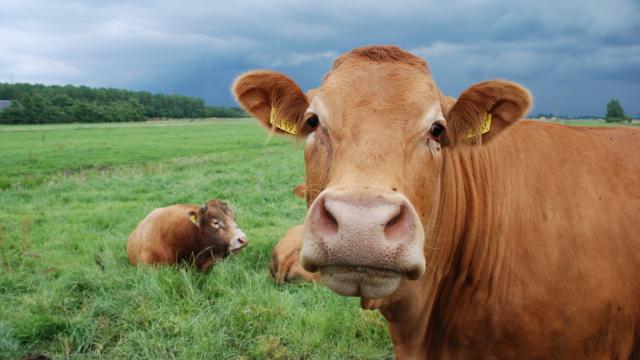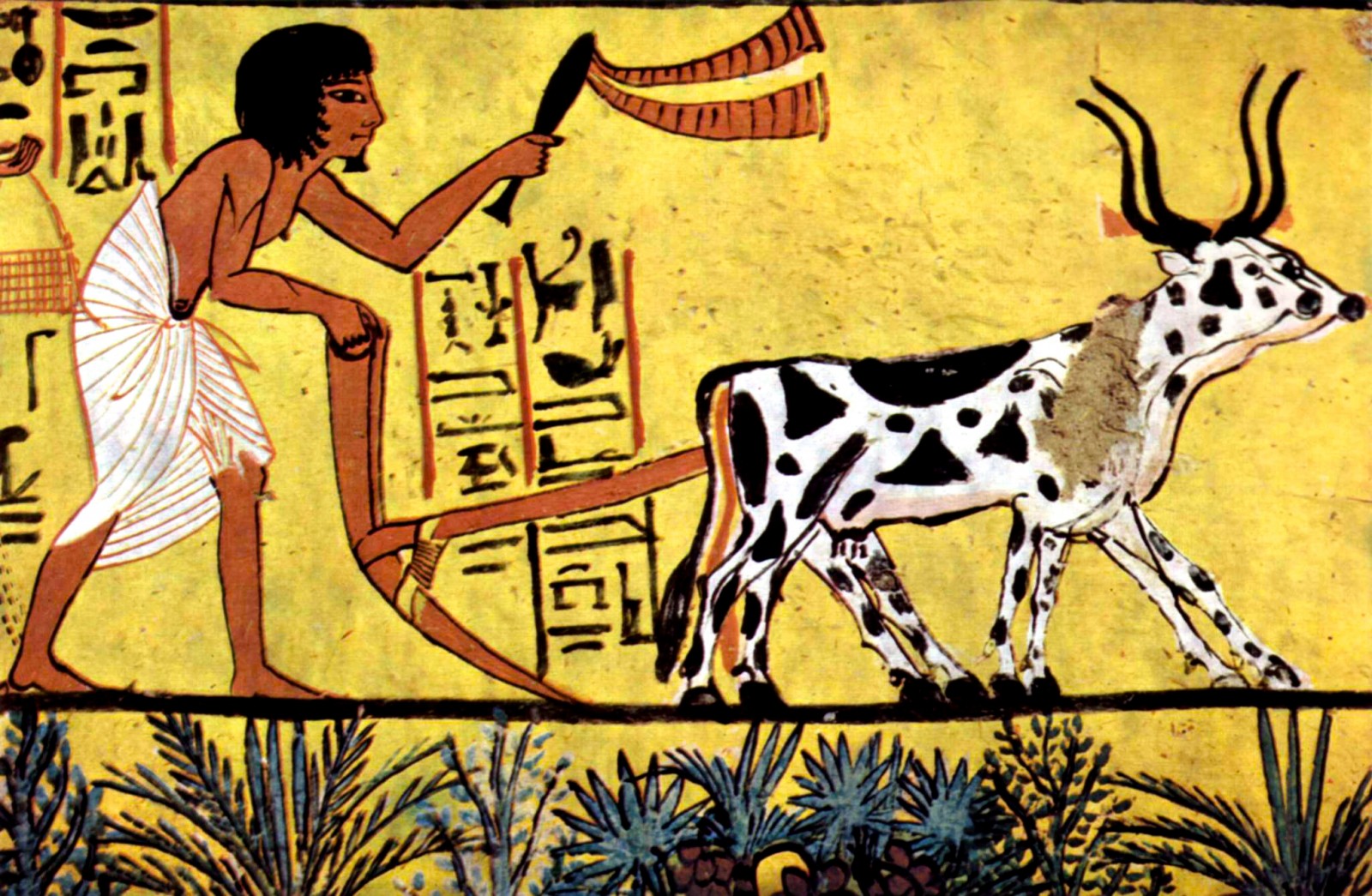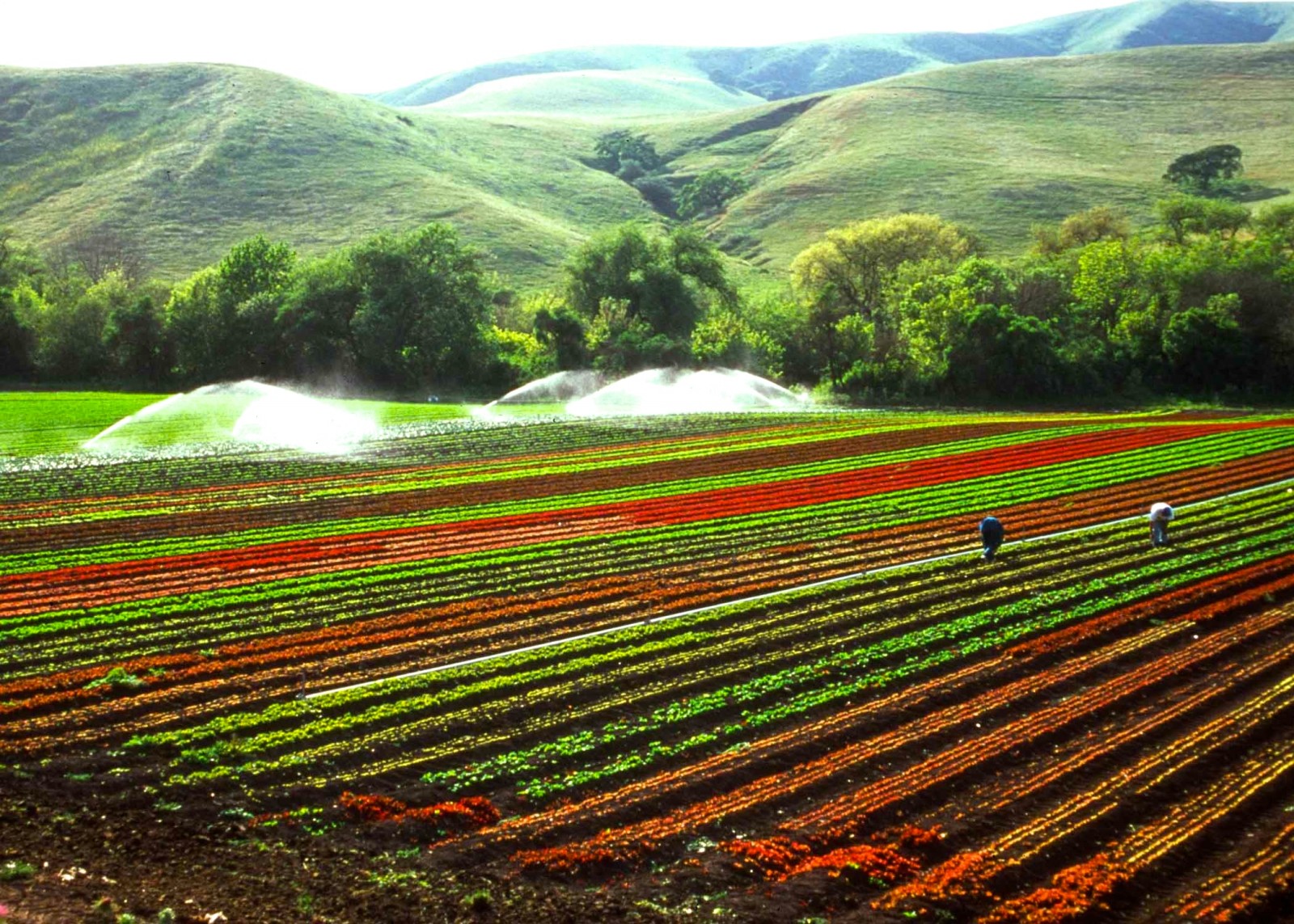
Last September, the United Nations Conference on Trade and Development brought out an interesting report entitled, "Wake up Before it is Too Late: Make Agriculture Truly Sustainable Now for Food Security in a Changing Climate.” The report said that developing and developed countries alike need a paradigm shift in agricultural development: from a "green revolution" to a "truly ecological intensification" approach.
Compiled using the views of more than 60 international experts, the report offered a comprehensive analysis of the challenges and most suitable, strategic approaches for dealing with inter-related problems of hunger and poverty, poor health and nutrition, climate change and environmental sustainability.
The question of sustainability remains an interesting and challenging subject, particularly concerning how to grow more food in the developing world. In countries battling companies like Monsanto, and haunted by the specter of GMO seeds and contaminated food, the report is of special significance – with news that we ignore at our peril.
Take India, for example. The country first fell victim to agricultural methods practiced during last century's "Green Revolution," touted as a way to increase food production to feed an ever increasing population. More recently, the battle to increase food supply has seen the introduction of high-yielding varieties of seeds and the growing use of chemical fertilizers that today have brought the country's agriculture to the brink of disaster.
Farmer suicides in India have risen exponentially, into the many tens of thousands, thanks to an indiscriminate use of pesticides and GMOs across the country, as soils get dangerously depleted of nutrients and crop failures increase.
Agriculture is the Solution
According to the UN study, the solutions can be found in the structures of agriculture itself, where problems of climate change, hunger, poverty, social and economic inequity, poor health and nutrition can all be addressed by leveraging “agriculture's multi-functionality.”
The Trade and Environment Report recommends a rapid and significant shift away from “conventional, monoculture-based… industrial production” of food that depends heavily on external inputs such as fertilizer, agro-chemicals and concentrate feed. It says the goal should instead be “mosaics of sustainable regenerative production systems that also considerably improve the productivity of small-scale farmers and foster rural development.”
The report isn’t alone in advising humans to move away from pesticide-based agriculture to organic farming. Dr. Vandana Shiva, the winner of the 1993 Right Livelihood Award, says we are living in a moment that demands an “emergency saving of seeds,” as plants become ever more appropriated and colonized by corporations in the form of intellectual property.
In a recent study titled “Seed Freedom: A Global Citizens Report," Shiva’s research showed the ways that genetic contamination is rapidly spreading – and specifically, how India has lost organic cotton seed varieties due to contamination by Bt Cotton. The report also points to other places like Mexico that are facing similar challenges. The historic cradle of corn, Mexico has now lost 80 percent of its corn varieties due to the rapid spread of GMO technology.
New Fighting Grounds
Food, our most basic substance for survival, has thus become the battleground for control by governments selling out to influential companies like Monsanto. Mexico is now fighting back, as Monsanto, DuPont Pioneer and others will no longer be allowed to grow or sell GM corn within the country’s borders.
And in January of last year, eight governments in the European Union banned Monsanto's MON810 maize and other forms of GMO cultivation. As Occupy.com reported, “Violation of the ban is sanctioned with fines of 200 percent of the value of GM seeds, with government ordinance to destroy any GMO fields.”
But a lot more pushback is required, especially in the U.S. The Grocery Manufacturers Association, which represents food and beverage leaders like ConAgra, PepsiCo and Kraft, is advocating an industry-friendly law with a voluntary federal standard — “a move that food activists see as a power grab by an industry that has tried to kill GMO labeling initiatives every step of the way.”
Next week, anti-GMO activists will converge on Monsanto's annual shareholders meeting in Creve Couer, Missouri, to support a shareholder resolution for GMO labeling.
A Big Role for Governments
The UN report stresses that governments must find ways to factor in and reward farmers for the currently unpaid public good that their practices help conserve – like clean water, soil and landscape preservation, protection of biodiversity, and recreation.
Besides rewarding farmers, the study asserts it is also government’s role to ensure that people have the requisite means to buy safe food. Monoculture and industrial farming methods aren't providing enough affordable food where it is needed, the report says; meanwhile, the environmental damage is mounting and unsustainable.
To date, international agreements between governments have amounted to short-sighted and harmful agricultural policies. The North American Free Trade Agreement (NAFTA), signed into law in 1993 by Canada, Mexico and the United States, created a trilateral rules-based trade bloc that favored corporate profits, shipped U.S. jobs south and lowered wages in Mexico, where the annual per capita growth hasn’t risen above 1.2 percent since.
Current efforts to fast track the Trans-Pacific Partnership would cause much vaster harm to the environment and people, enabling corporations to rule our agricultural systems even more than they do today.
As a solution, to enhance more healthy, sustainable, human-based agriculture, the UN report says that links between traditional farming and modern scientific knowledge must be sought to provide a profound shift in the way we grow and consume our food. Our future, as a species, may depend on it.
Follow the author Paromita Pain on the Commons or on twitter at @ParoP
3 WAYS TO SHOW YOUR SUPPORT
- Log in to post comments
















